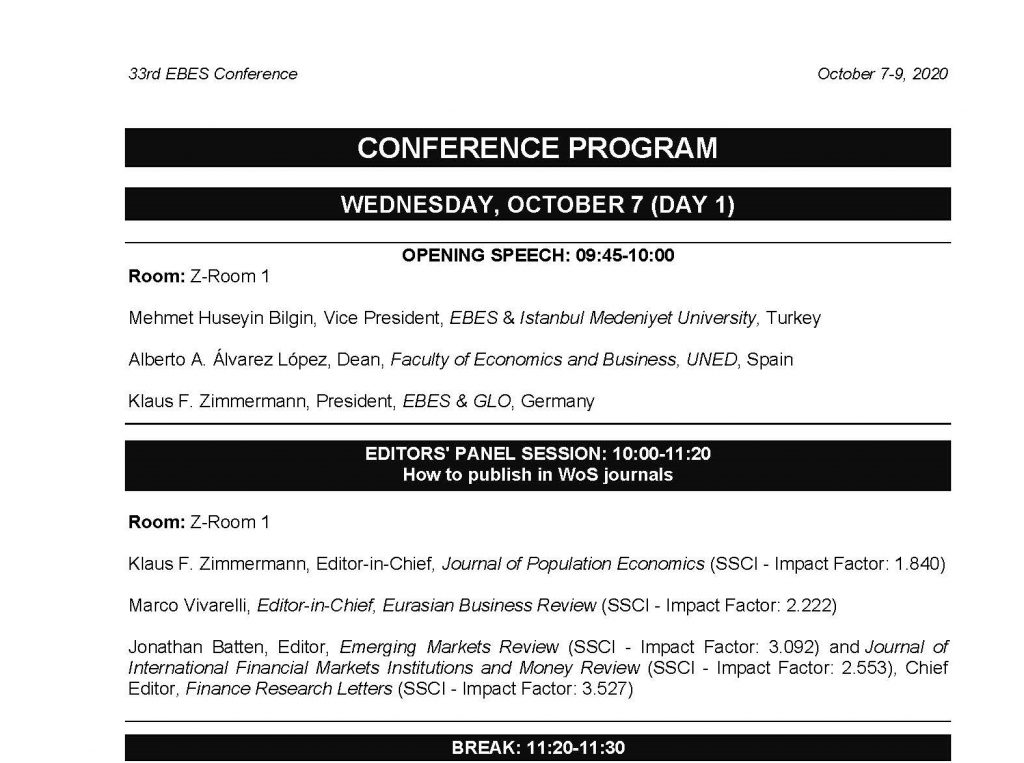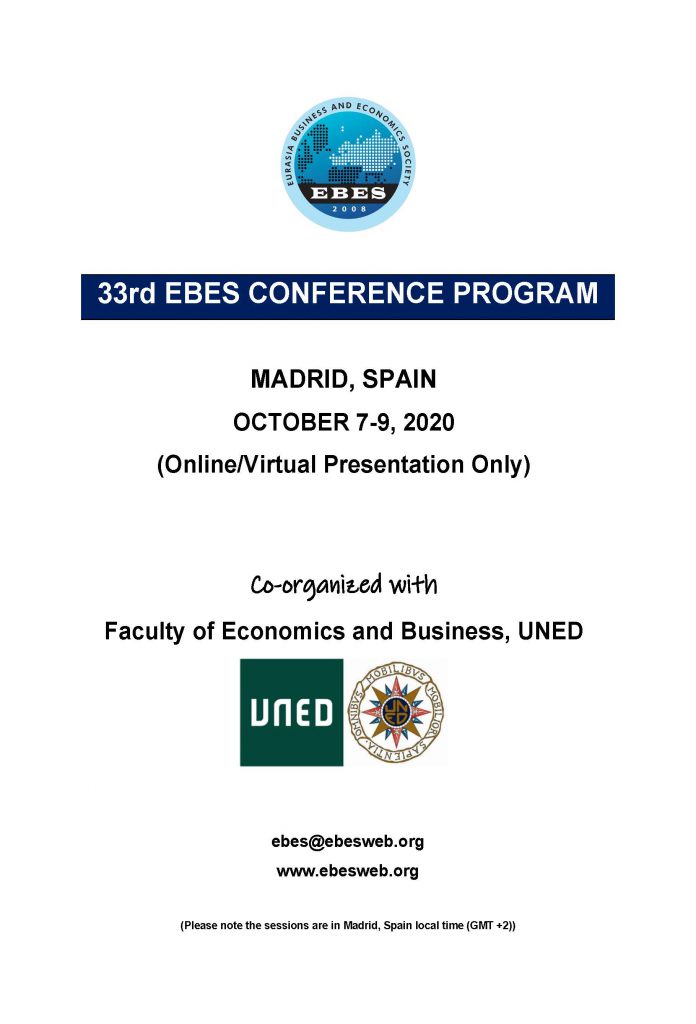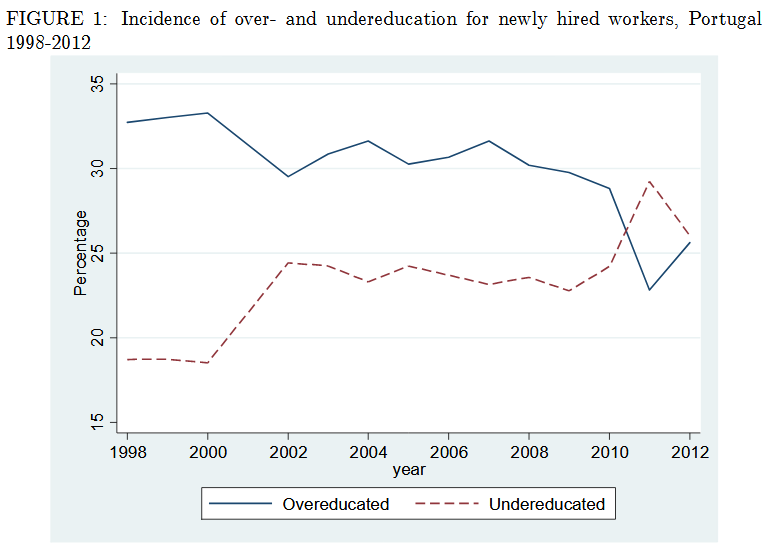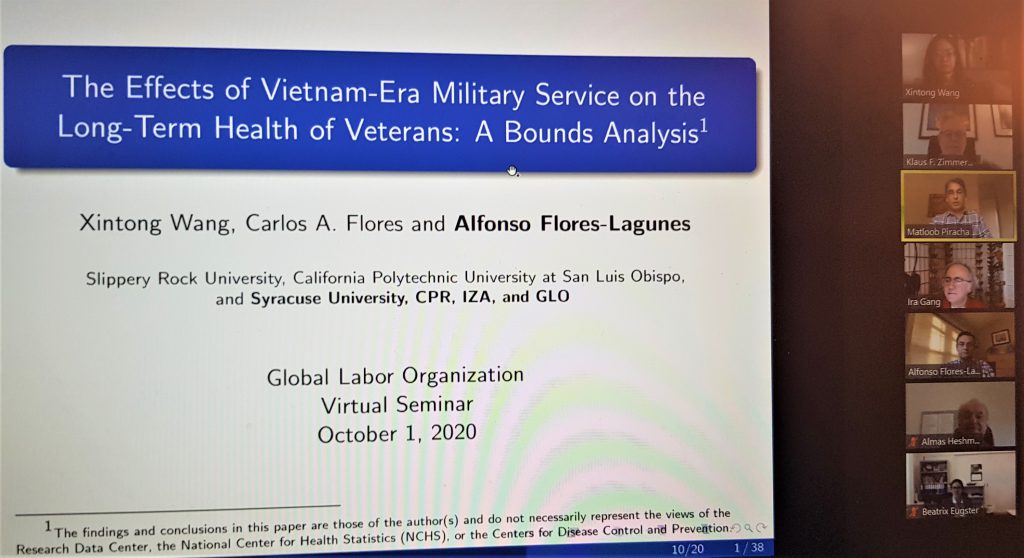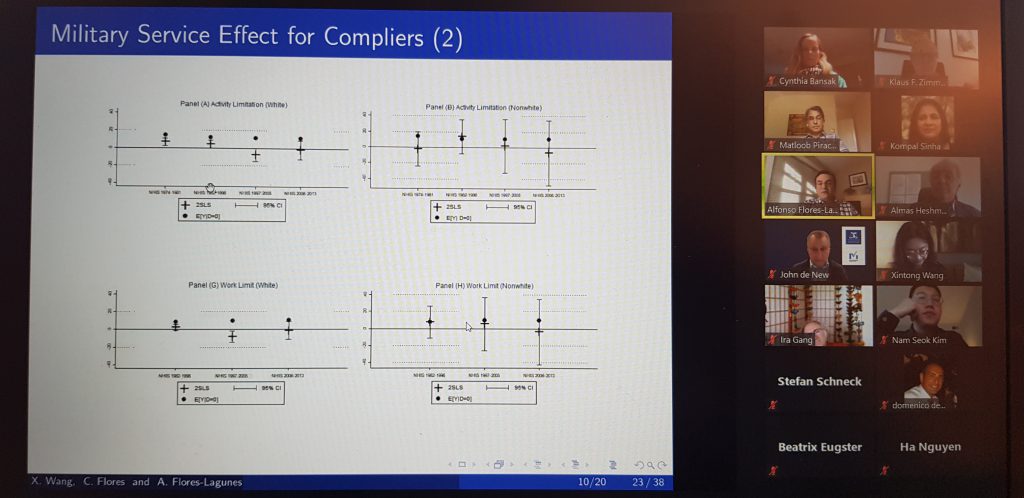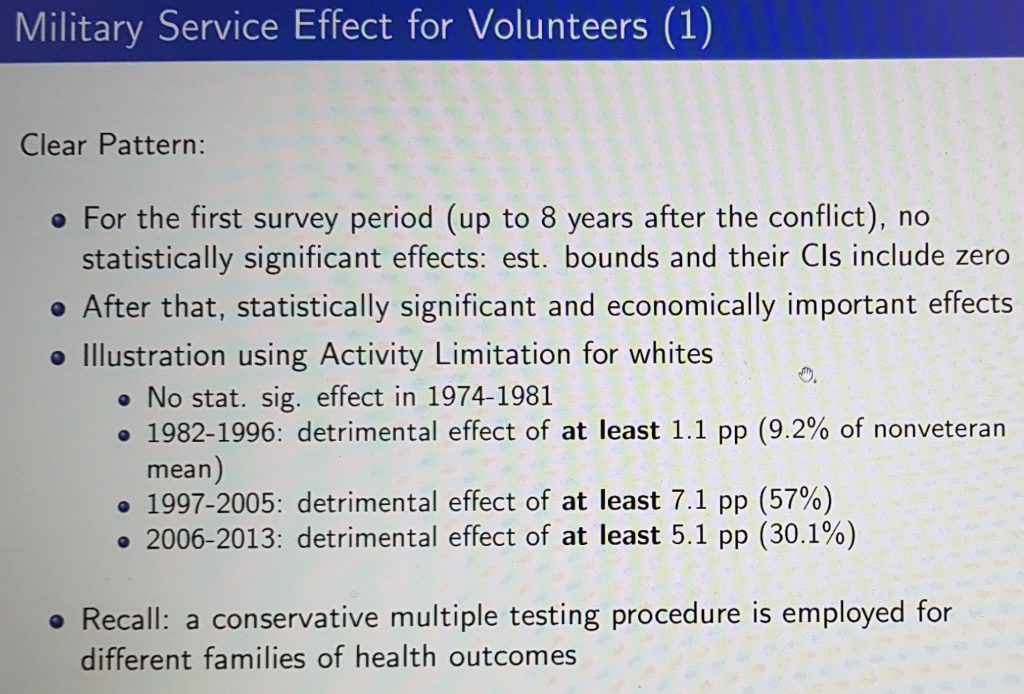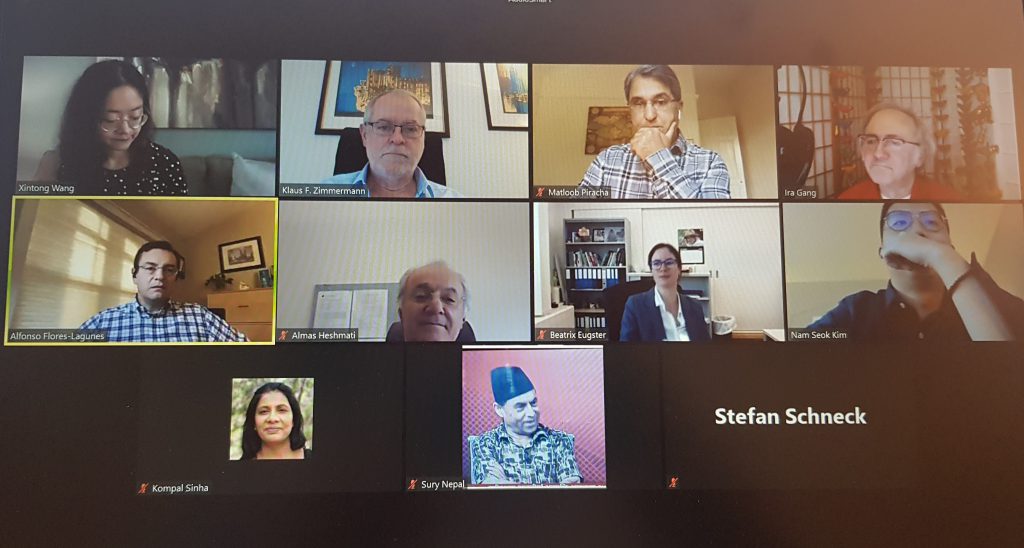A new GLO Discussion Paper finds that for immigrants to Australia self-esteem, self-efficacy and general health partially mediate the relationship between English proficiency and labor force participation.
The Global Labor Organization (GLO) is an independent, non-partisan and non-governmental organization that functions as an international network and virtual platform to stimulate global research, debate and collaboration.
GLO Discussion Paper No. 672, 2020
English Skills and Early Labour Market Integration: Evidence from Humanitarian Migrants in Australia – Download PDF
by Cheng, Zhiming & Wang, Ben Zhe & Jiang, Zhou & Taksa, Lucy & Tani, Massimiliano
GLO Fellows Zhiming Cheng, Ben Wang, Lucy Taksa & Max Tani
Author Abstract: We use the panel data from the Building a New Life in Australia survey to examine the relationships between proficiency in English and labour market outcomes among humanitarian migrants. Having better general or speaking skills in English is certainly associated with a higher propensity for participation in the labour force and getting a job. However, we also find that, compared to other domains of English proficiency, such as listening, reading and writing, proficiency in English speaking skills has been the least improved domain for humanitarian migrants’ who have participated in an English training program. Our paper explores the channels leading to these outcomes, finding that self-esteem, self-efficacy and general health partially mediate the relationship between English proficiency and labour force participation. We also find that self-efficacy, general health and indicative serious mental illness partially mediate the relationship between better English proficiency and the chance of getting a job.

GLO Discussion Papers are research and policy papers of the GLO Network which are widely circulated to encourage discussion. Provided in cooperation with EconStor, a service of the ZBW – Leibniz Information Centre for Economics, GLO Discussion Papers are among others listed in RePEc (see IDEAS, EconPapers). Complete list of all GLO DPs – downloadable for free.
Ends;


